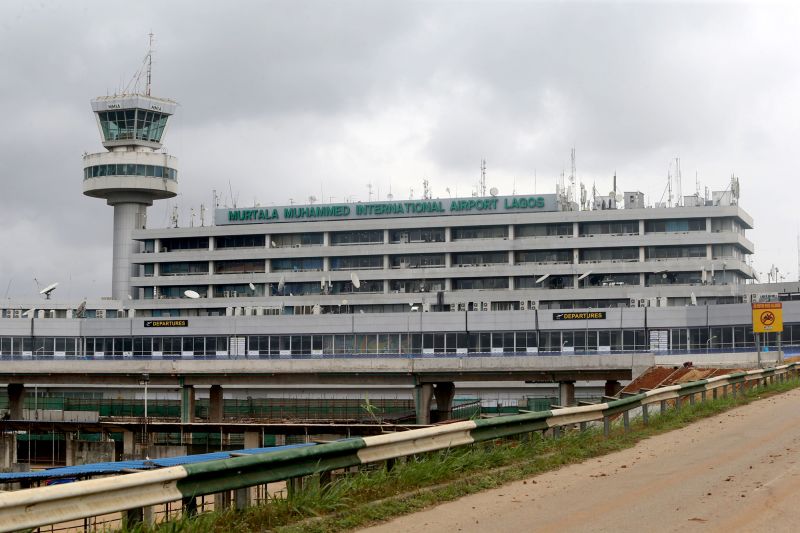The de-escalation of a labor dispute between the Electricity Workers Union and the Nigeria government triggered a nationwide blackout on the African continent’s most populous nation, due to their protest over minimum wage implementation.
The Nigeria Electricity Sector Workers Union carried out their threat of shutting down the national grid. Their battle over the non-implementation of the new national minimum wage by the Federal Government took a ripple effect to trigger a series of electricity power outages that plunged the country into darkness, disrupting daily life and economic activities.
The doomsday for Nigeria arrived when the union workers took their protest to the final level by flipping the off-switch on the country’s national electricity grid. This was a repercussion of the union’s earlier issued ultimatum to the government; if their demands for wage implementation weren’t met, they would not hesitate to initiate a radical action.
The issue at stake isn’t a solitary one, rather a culmination of long-standing issues which have been persistently brushed under the rug by the federal government. Their disregard and ineffective approach towards the subject matter has consequently led to these severe actions taken by union workers. The primary issue revolves around the non-implementation of the new national minimum wage and other anti-workers policies.
Reports have indicated that the strike had resulted in a complete shutdown of many of the country’s power stations. This unprecedented move has led not only to a depression in the power supply but has also put a standstill on many sectors of the economy. Local businesses, healthcare facilities, educational institutions, and other routine ventures across the country have keenly felt the impact of this power failure.
The crash of Nigeria’s national grid has revealed the fragility of the country’s power sector. Despite being Africa’s largest economy, Nigeria has struggled to translate its resource wealth into delivering quality public goods, like reliable power. This event underscores the urgency of managing Nigeria’s ongoing energy crisis and the necessity of expeditious reforms in the power sector.
Simultaneously, this situation exposes the urgency to address fair labor practices. While some states have begun implementing the new N30,000 ($77) monthly minimum wage, agreed upon in 2019, others continue to pay the previous N18,000 ($47) monthly wage. This has led to growing frustration among employees, who feel they are being short-changed.
The union workers’ protest is a desperate call for immediate action by the Nigerian government. The strife for minimum wage provision, fair distribution of wealth, along with other allied worker benefits






























